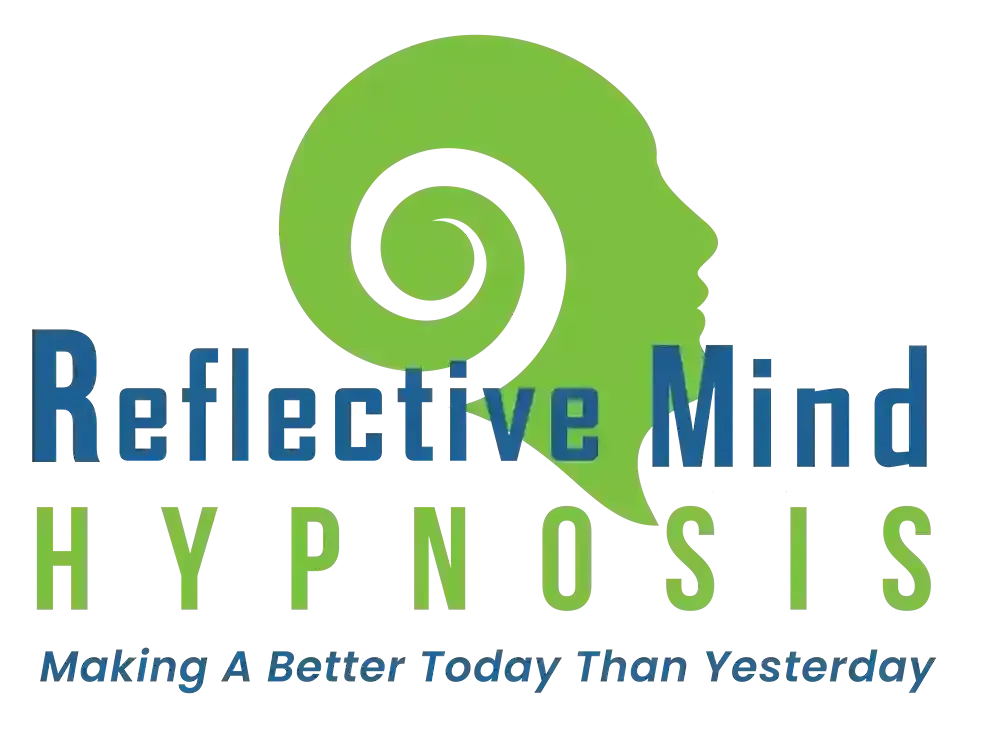Where am I?
Looks like you’ve got lost.
The page you’re looking for doesn’t exist or has been moved

The Natural You!
The "Natural You" is your public self, it's what others see and experience every day, it is who you are. If you want to make changes and improvements to yourself you MUST change the "Natural You". Schedule a FREE strategy session now to learn more.

22708 Burns Rd Primera Tx 78552
956 - 300 - 4986
DISCLAIMER In no way are Reflective Mind Hypnosis Center or Wayne Walker's services to be interpreted as providing medical or psychological services. Wayne Walker encourages you to make your own healthcare decisions based on your research and in partnership with a qualified healthcare professional.
Neither Reflective Mind Hypnosis Center nor any representatives nor hypnosis sessions with Wayne Walker are meant 1 Columnto diagnose, treat, prescribe, or claim to cure any disease. Clients are advised that they should consult with their own medical practitioners and medical professionals for the diagnosis, care, treatment, or cure of any health condition.
Copyright © 2024 Wayland Harold Walker Jr. All Rights Reserved.
Designed And Developed By Abeeb Akinpelu

